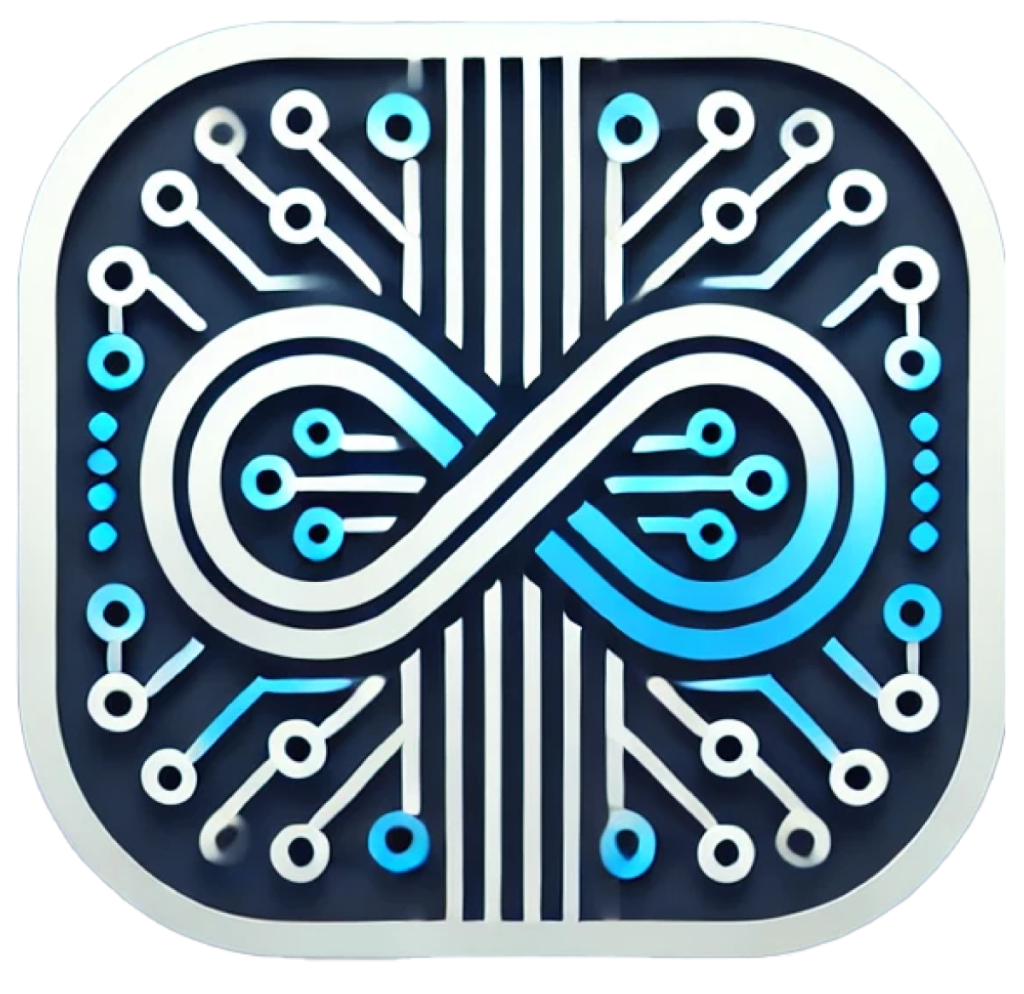You can transform the way you evaluate your students’ cognitive abilities by implementing effective assessment strategies. This guide breaks down three proven steps that will help you gain deeper insights into your students’ learning processes and needs. By understanding and applying these methods, you will be equipped to support each student’s academic journey more effectively. Let’s explore how you can enhance your assessment techniques to foster better learning outcomes.
Understanding Cognitive Assessment
Before exploring into the methods and techniques, it’s crucial to grasp what cognitive assessment involves. Cognitive assessments are tools used to evaluate a student’s mental capabilities, such as memory, problem-solving, attention, and comprehension skills. These evaluations provide valuable insights into learning patterns and potential challenges that may affect a student’s academic performance.
Types of Cognitive Assessments
Even within cognitive assessments, various methods exist to gauge different mental functions. Here’s a concise overview of commonly used types:
| Type | Description |
| Standardized Tests | Formal assessments with established scoring methods. |
| Observational Assessments | Evaluations based on observing a student’s behavior. |
| Self-Reported Measures | Instruments where students provide their own insights. |
| Informal Assessments | Flexible tools often used by educators during lessons. |
| Cognitive Processing Tests | Focus on specific cognitive functions like memory and logic. |
- Assume that choosing the right type of assessment aligns with your objective for evaluation.
Key Factors Influencing Assessments
On your path to implementing cognitive assessments effectively, several factors can significantly impact the outcomes. Understanding these elements is vital to drawing accurate conclusions about your students’ capabilities.
- Environmental conditions during assessment times.
- Emotional state and motivation of the student.
- Appropriateness of the assessment tool chosen.
- Time constraints that may affect performance.
- Familiarity with the assessment format.
Factors influencing cognitive assessments can shape the results you obtain and the interpretations you make. By being aware of these elements, your assessments will yield more meaningful insights.
- Recognizing the importance of these factors will enhance your assessment strategies.

Proven Steps for Effective Assessment
Assuming you have a well-defined structure, implementing effective cognitive assessments for students can significantly elevate their learning experience. The approach must be methodical, ensuring each student’s abilities, strengths, and areas for improvement are thoroughly evaluated through reliable measures and consistent practices.
Step-by-Step Guide to Implementing Assessments
If you are looking to streamline the assessment process, here’s a simple guide:
| Step | Description |
| 1. Define Objectives | Identify the goals of the assessment to ensure alignment with learning outcomes. |
| 2. Select Appropriate Tools | Choose assessment instruments that effectively measure desired cognitive skills. |
| 3. Analyze Results | Review data to draw conclusions about student performance and areas for growth. |
Tips for Enhancing Assessment Accuracy
The accuracy of your assessments can greatly influence educational outcomes. To improve this, consider the following:
- Use diverse assessment methods to capture a wide range of skills.
- Incorporate peer assessments for varied perspectives.
- Regularly calibrate scoring among educators.
Perceiving the nuances of each student’s performance can lead to better-informed decisions in your teaching strategies.
Enhancing the accuracy of your assessments does not require extensive changes, but simple adjustments can make a big difference. Focus on these strategies to refine your process:
- Provide clear instructions for assessments.
- Ensure a conducive environment to minimize distractions.
- Gather feedback from students on the assessments they undertake.
Perceiving this holistic approach will empower you to create assessments that genuinely reflect students’ cognitive abilities.
Evaluating the Pros and Cons
One effective way to understand cognitive assessments is to examine their pros and cons. The balance of benefits and limitations can guide you in making informed decisions. Below is a summary of the various aspects to consider:
| Pros | Cons |
|---|---|
| Identifies student strengths | May not reflect true abilities |
| Informs personalized learning | Time-consuming process |
| Enhances teaching strategies | Can create test anxiety |
| Fosters equitable educational opportunities | Access issues for some students |
| Guides interventions and supports | Costs associated with assessments |
Benefits of Cognitive Assessments for Students
One significant advantage of cognitive assessments is their ability to pinpoint each student’s unique strengths and weaknesses. By gaining insights into cognitive functioning, you can adapt your teaching methods to better cater to individual learning preferences, which can lead to improved academic performance and student engagement. This tailored approach not only boosts confidence but also encourages a more positive attitude towards learning.
Challenges and Limitations
Evaluating cognitive assessments entails recognizing their inherent challenges and limitations. While these assessments provide valuable insights, they may also bring forth certain hurdles that you need to navigate effectively.
It is important to acknowledge that cognitive assessments can sometimes provide a skewed representation of a student’s true capabilities. Factors such as stress, environmental distractions, or testing conditions can influence outcomes, leading to potentially inaccurate results. Additionally, the financial and time investments required for thorough cognitive assessments may limit accessibility for some students, particularly in under-resourced schools. Understanding these challenges can help you implement assessments more effectively and address any shortcomings in your approach.
Conclusion
From above, you have explored three proven steps for effective cognitive assessment that can enhance your approach as an educator. By identifying individual needs, employing diverse assessment techniques, and analyzing results thoughtfully, you can create meaningful insights into your students’ learning processes. Implementing these strategies not only fosters a more inclusive learning environment but also empowers you to support your students’ educational journeys more effectively.
Q: What are the key components of an effective cognitive assessment for students?
A: An effective cognitive assessment for students includes three fundamental components: clarity in purpose, variety in assessment methods, and comprehensive feedback. Clarity in purpose involves defining what specific cognitive abilities or skills are being assessed, ensuring alignment with educational goals. Variety in assessment methods incorporates different approaches, such as standardized tests, observational assessments, and performance tasks, to provide a well-rounded view of a student’s cognitive capabilities. Lastly, comprehensive feedback offers valuable insights to both educators and students, detailing strengths and areas for improvement, which can inform future learning strategies.
Q: How can educators ensure that cognitive assessments are fair and unbiased?
A: To ensure fairness and minimize bias in cognitive assessments, educators should design assessments that are culturally responsive and inclusive. This can be achieved by using a diverse range of assessment methods that cater to different learning styles and backgrounds. Additionally, it’s important to pilot assessments with small groups to identify any potential biases in language or content. Engaging with colleagues to review and revise assessment tools can also enhance objectivity, ensuring that all students have an equal opportunity to demonstrate their cognitive abilities without being hindered by extraneous factors.
Q: What role does student self-assessment play in cognitive evaluation?
A: Student self-assessment plays a significant role in cognitive evaluation as it encourages students to actively engage in their own learning process. By reflecting on their understanding, skills, and areas for growth, students gain insights that contribute to their cognitive development. Self-assessment fosters metacognition, allowing students to become more aware of their thinking processes. Additionally, incorporating self-assessment can help educators tailor instruction to meet individual learning needs and create a more student-centered learning environment. This process not only aids in cognitive evaluation but also empowers students to take ownership of their learning journey.

0 Comments